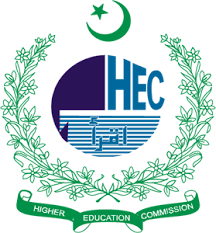Linguistic Representation of Cultural Conflict in the Short Stories of Tahira Iqbal: An Intercultural Study
طاہرہ اقبال کے افسانوں میں ثقافتی تصادم کا لسانی اظہار: ایک بین الثقافتی مطالعہ
DOI:
https://doi.org/10.52015/daryaft.v17i01.415Keywords:
Cultural, Globalization, Linguistic, Cultural diversity, Homogenization.Abstract
This research investigates the lexical and cultural tensions in the short stories of Tahira Iqbal, focusing on how language operates as a site of identity, resistance, and transformation in an era of globalization. The study begins by addressing the increasing marginalization of indigenous languages and cultures in literary discourse, a trend often overshadowed by the dominance of global languages such as English. While prior scholarship has explored linguistic hybridity in postcolonial literature, there remains a gap in examining how rural and regional voices navigate globalization from within the Pakistani literary context. This paper fills that gap by examining Tahira Iqbal’s unique position as a writer deeply rooted in local traditions yet responsive to global influences. Employing a qualitative textual analysis method, the study analyzes selected short stories through the lens of sociolinguistic theory and intercultural literary criticism. Findings reveal that Iqbal’s hybrid linguistic style blending English with local vernaculars along with her culturally embedded storytelling, captures the complex interplay between global cultural codes and indigenous identities. Her narratives expose the socio-linguistic divide between urban elites, who increasingly embrace English, and rural communities, who preserve their mother tongues. The results underscore how Iqbal resists cultural homogenization, using language to foreground intercultural struggle and advocate for linguistic and cultural diversity. This research positions her as a critical voice in contemporary literature, challenging dominant narratives of globalization while reaffirming the value of local identity in literary expression.





